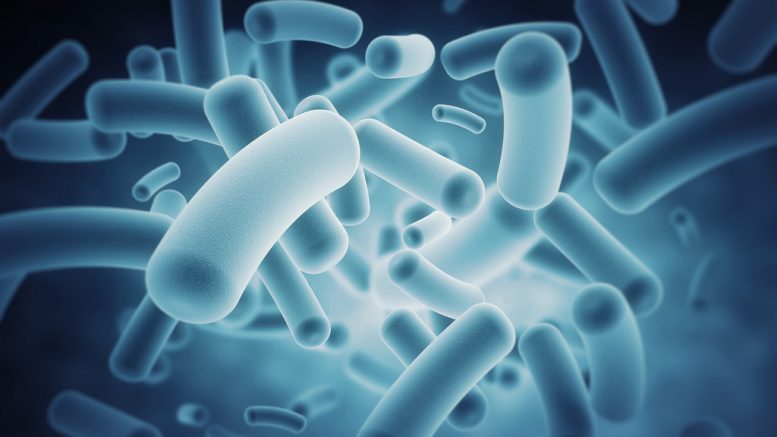At 22-months Jackson was diagnosed on the autistic spectrum. Doctors told his parents there was no hope of recovery. Over 2 years Mark Hyman, MD addressed his gut inflammation, mercury toxicity, and nutritional imbalances. Today, Jackson’s is a normally functioning little boy who loves baseball and playing with friends.
The question is, can a better understanding of the gut and brain connection be a window into the cure for autism? Do the chemicals produced in the gut affect or cause autism?
Many people have been critical of Dr. Hyman’s video, but it doesn’t dissolve the real question and science at play.
In an article on Autism Speaks, researcher Dae-Wook Kang elaborates:
“Most gut bacteria are beneficial, aiding food digestion, producing vitamins, and protecting against harmful bacteria,” says Dae-Wook Kang of the Biodesign Institute of Arizona State University, an author on the new study. “If left unchecked, however, harmful bacteria can excrete dangerous metabolites or disturb a balance in metabolites that can affect the gut and the rest of the body, including the brain.”
There has been other research suggesting similar gut and autism connections. Research has shown that autistic kids have a different gut bacteria makeup.
In 2014, Kang and his team compared the bacterial waste products in stool samples from 23 children with autism. They compared these to samples from 21 typically developing children.
Overall, they found that children with autism had significantly different concentrations of seven of the fifty chemical compounds they detected.
“Most of the seven metabolites could play a role in the brain as neurotransmitters or controlling neurotransmitter biosynthesis,” Kang says. “We suspect that gut microbes may alter levels of neurotransmitter-related metabolites, affecting gut-to-brain communication and/or altering brain function.”
Research has also shown that abnormal and less diverse communities of gut bacteria exist in children with autism.
Does this mean we will find a cure? It seems the biggest obstacle in finding a cure exists at the pharmaceutical level where cures aren’t profitable. But maybe at some point, private funding makes headway. Autism Speaks started an initiative here.
It has been proposed that both antibiotics and vaccines alter gut bacteria. Could this be a window into the reality of the cause? The greater question is, will we ever really know?



On rumble a video about “2014 AutismOne – Q&A Session – Kerri Rivera. Andreas Kalcker. Marco Ruggiero”
Use of CDS protocols to cure autism by Andreas Kalcker